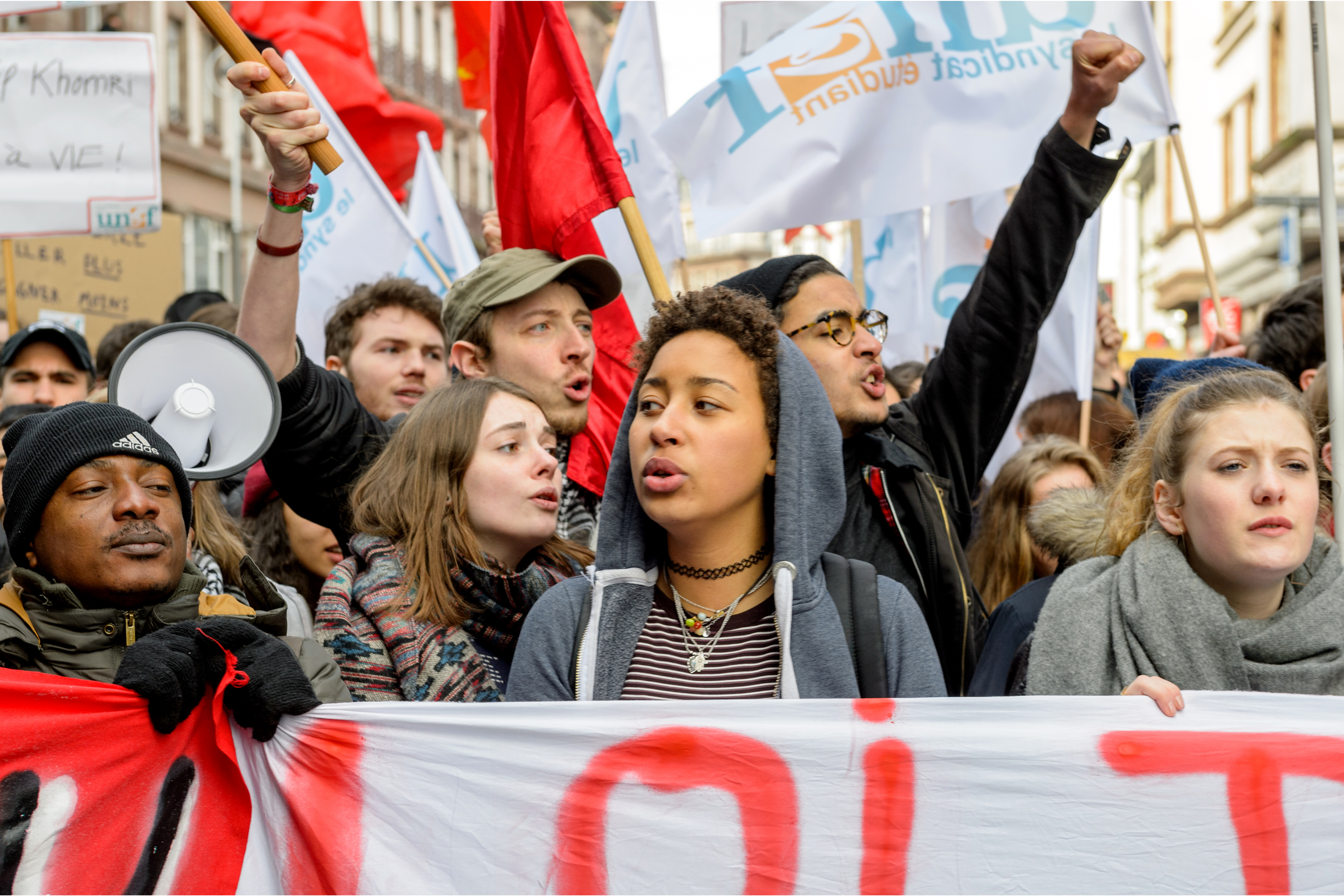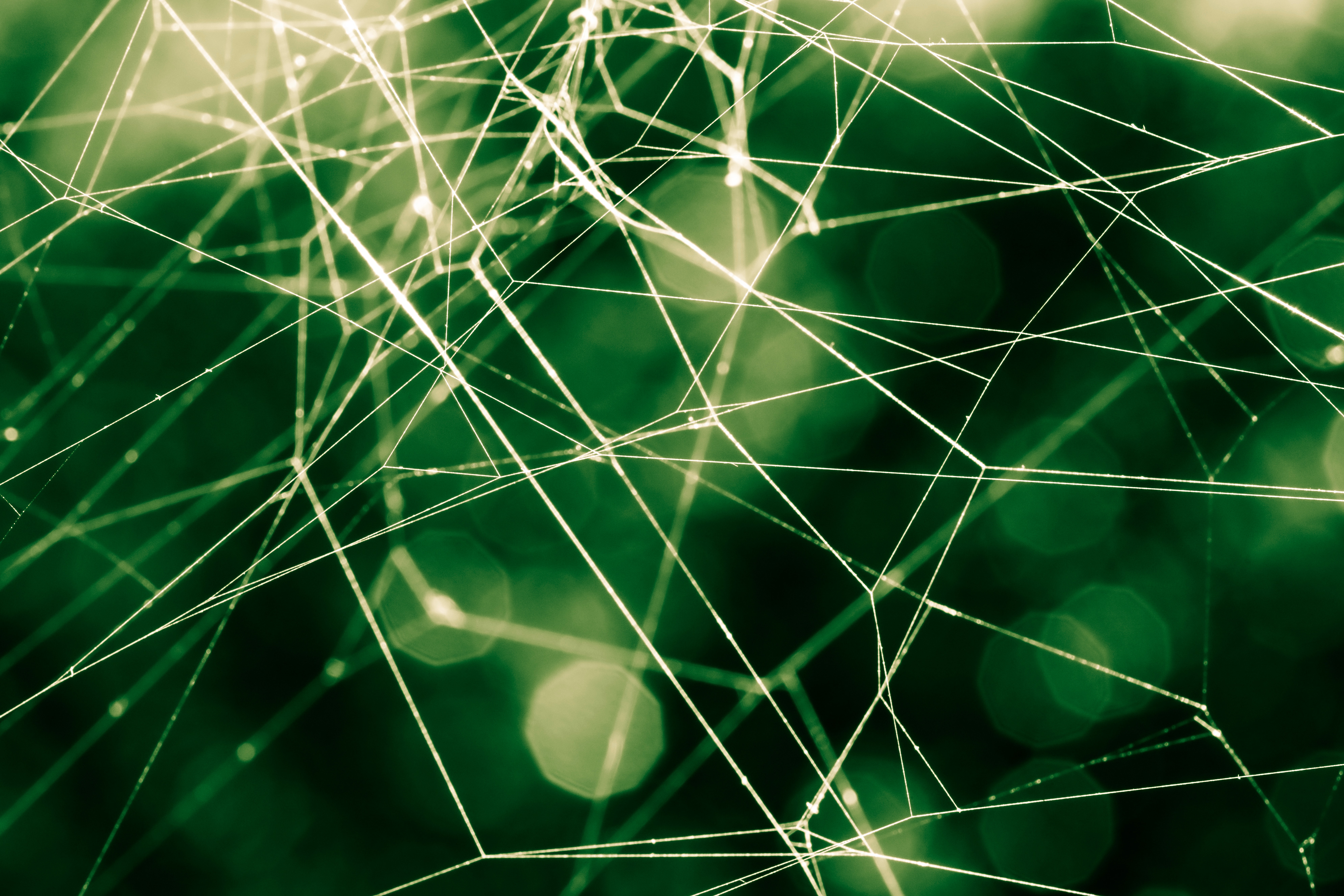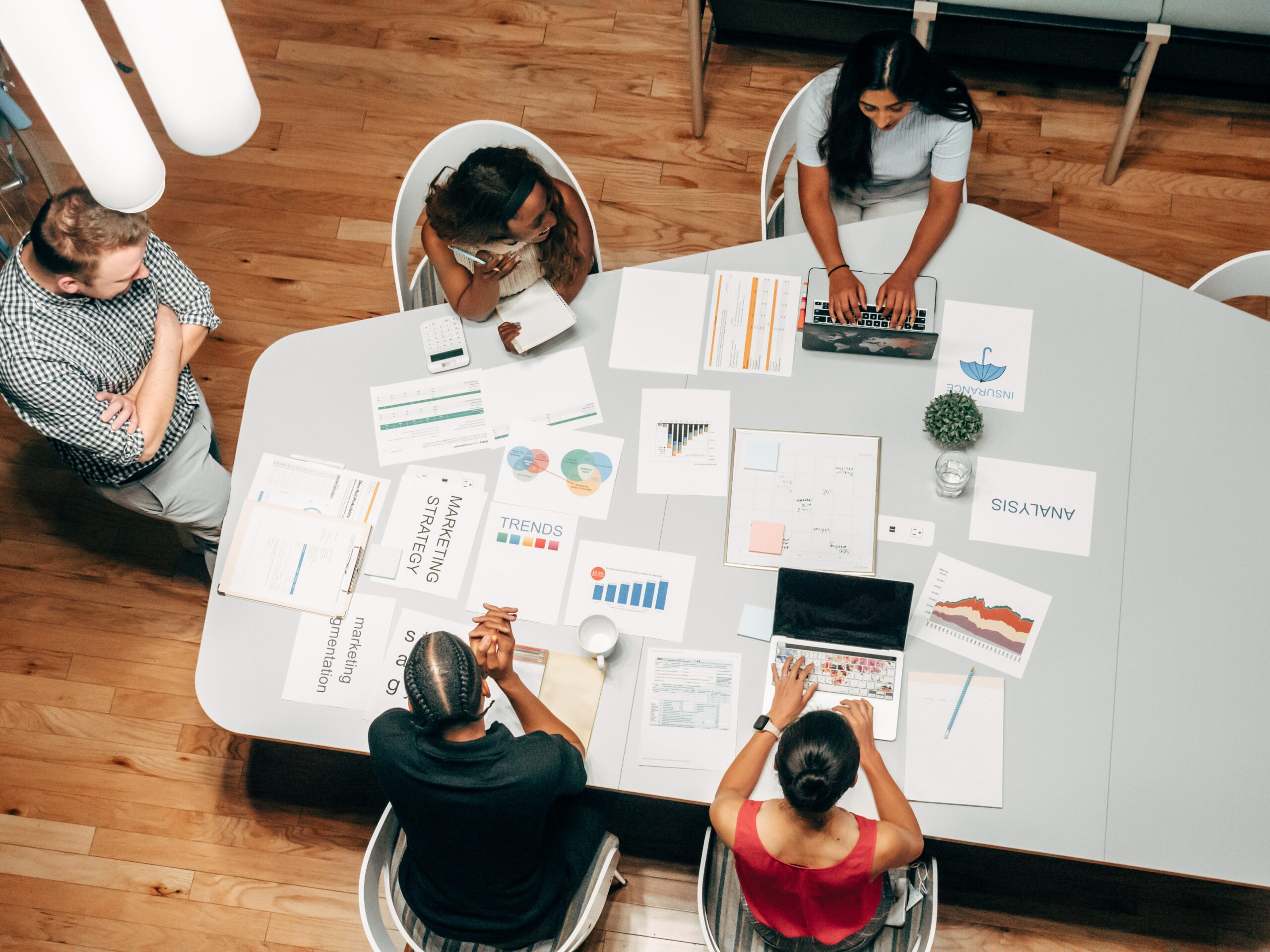The Ticker: Twitter’s Female Bullying Problem
The backlash is going strong. After the 2016 U.S. presidential election, Twitter came under fire for providing Russia-backed automated accounts with a platform to stoke political divisions. But long before that, the tech company was facing criticism for enabling a culture of bullying and misogynistic abuse to grow and fester.
“We aren’t proud of how people have taken advantage of our service or our inability to address it fast enough.”
—Jack Dorsey, CEO, Twitter
CEO Jack Dorsey acknowledged the problems in a series of tweets sent in March. “We have witnessed abuse, harassment, troll armies, manipulation through bots and human-coordination, misinformation campaigns, and increasingly divisive echo chambers,” he wrote. “We aren’t proud of how people have taken advantage of our service or our inability to address it fast enough.” With the #MeToo movement going strong, in March Amnesty International published #ToxicTwitter: Violence and Abuse Against Women Online, ratcheting up pressure on Twitter to do more to protect women. Share on X
The report highlights Twitter’s failure “to respect the human rights of women because of its inadequate and ineffective response to violence and abuse.” It includes both quantitative and qualitative research conducted from December 2016 through March of this year. The human rights organization interviewed women and individuals who identify as neither male nor female across the United States and United Kingdom, conducted a qualitative survey and combed the site for abusive tweets toward female members of Parliament in the United Kingdom. The report details death threats, rape threats and racist, transphobic and homophobic abuse sent to women.
Amnesty made several recommendations for how Twitter can take action, including:
- Sharing specific examples of violence and abuse that will not be tolerated
- Sharing data on response times to reports of abuse
- Ensuring that decisions to restrict content are consistent with international human rights law and standards.
Vijaya Gadde, Twitter’s legal, policy, and trust and safety lead, said in a March statement that the company agrees with many of the report’s recommendations and is already working on implementing some of them. But the company also has told Amnesty that it “cannot delete hatred and prejudice from society.”
Azmina Dhrodia, technology and human rights researcher at Amnesty International, said in a statement that the organization’s investigation shows that “Twitter is failing to provide adequate remedies for those who experience violence and abuse on their platform. As a company, it needs to do much more to respect the human rights of women.”



